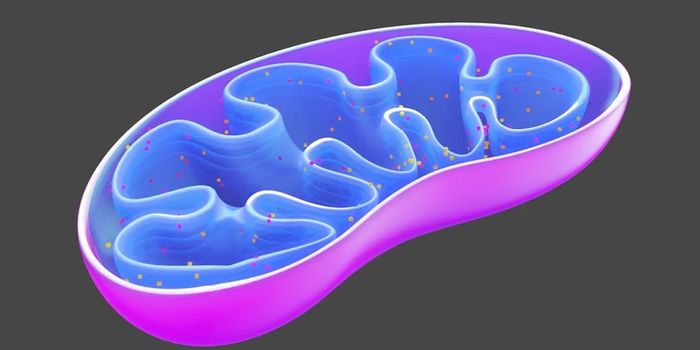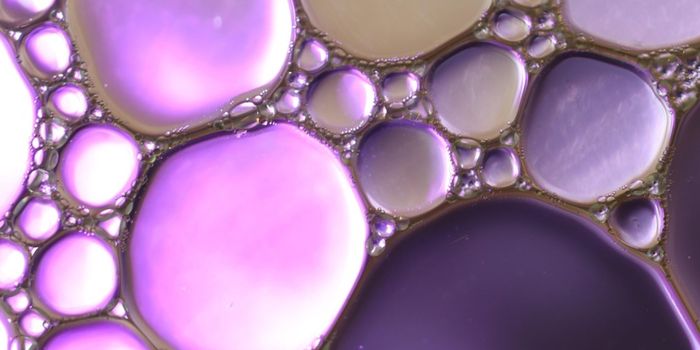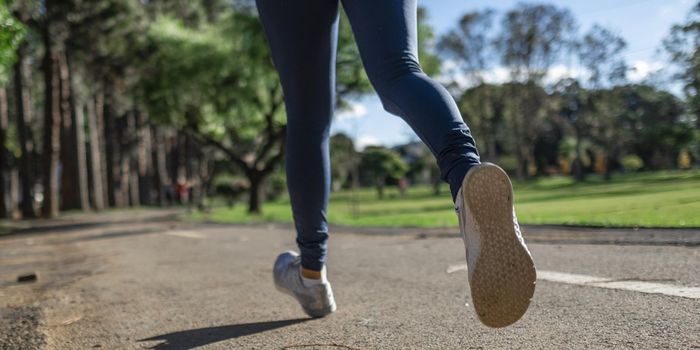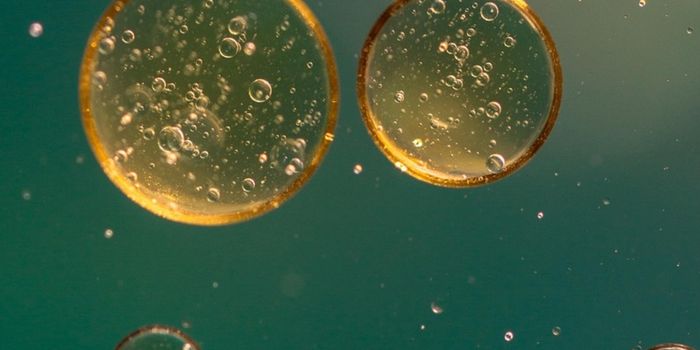New DNA-based Sunscreen Improves Over Time
We know that the ultraviolet (UV) rays of the sun can cause serious damage to our skin. It’s important to use an effective sunscreen to prevent the unwanted effects of sun overexposure like sunburn or worse, skin cancer. Typically, sunscreens are made with minerals that create a physical barrier to the sun, like titanium dioxide, or synthetic chemicals that penetrate into the skin and act to filter out or absorb UV rays, but neither option is perfect, and some of those chemicals have negative effects. Researchers have now created a totally new kind of sunscreen, one that keeps the skin hydrated, and appears to work better the longer it’s on the skin. Their new creation is a film of DNA; learn more about it from the following video. This work was published in Scientific Reports.
"Ultraviolet (UV) light can actually damage DNA, and that's not good for the skin. We thought, let's flip it. What happens instead if we actually used DNA as a sacrificial layer,” asked Guy German, an Assistant Professor of Biomedical Engineering at Binghamton University. " So instead of damaging DNA within the skin, we damage a layer on top of the skin."
When they began testing their idea, German and his team engineered films of crystalline DNA that were thin and transparent. The investigators blasted the sheets with UV light and found that the more the sheets were irradiated, the better the film was at absorbing UV rays.
"If you translate that, it means to me that if you use this as a topical cream or sunscreen, the longer that you stay out on the beach, the better it gets at being a sunscreen," explained German.
Another great feature of this new sunscreen, which was made using salmon sperm, ethanol, and water, is that is is good for the skin. These DNA sheets are hygroscopic; they attract water. Skin that is coated with a DNA film stays hydrated for a longer period of time since the film slows moisture evaporation from the skin.
The researchers plan to continue working with this material to learn more about its potential applications. German wants to know whether they would be good for covering wounds, especially under extraordinary circumstances - this film would allow the wound and healing to be seen, without ever removing the bandage. The film would provide protection from the sun, and the film would also maintain a humid environment - moisture is known to promote faster healing in wounds.
"Not only do we think this might have applications for sunscreen and moisturizers directly, but if it's optically transparent and prevents tissue damage from the sun and it's good at keeping the skin hydrated, we think this might be potentially exploitable as a wound covering for extreme environments," he concluded.
There is no word yet on when this might be available, however.
Sources: AAAS/Eurekalert! Via Binghamton University, Scientific Reports









